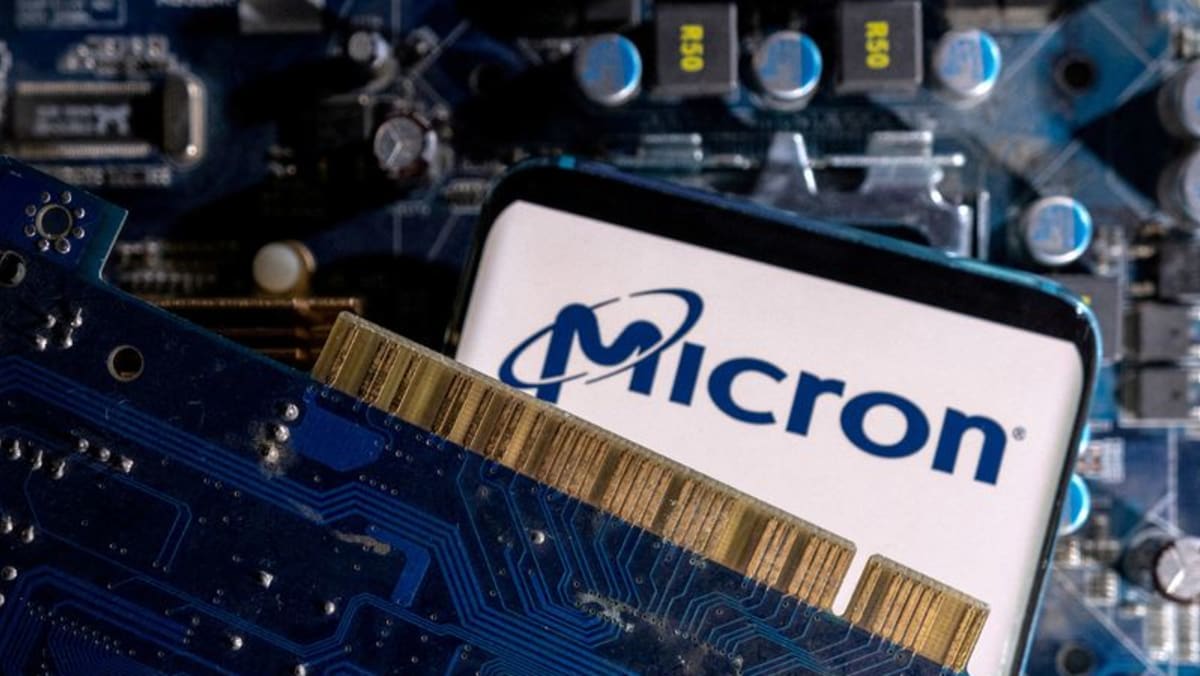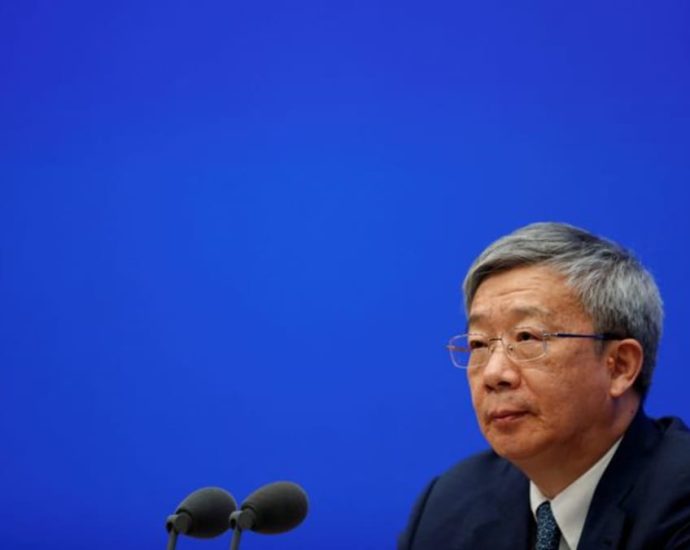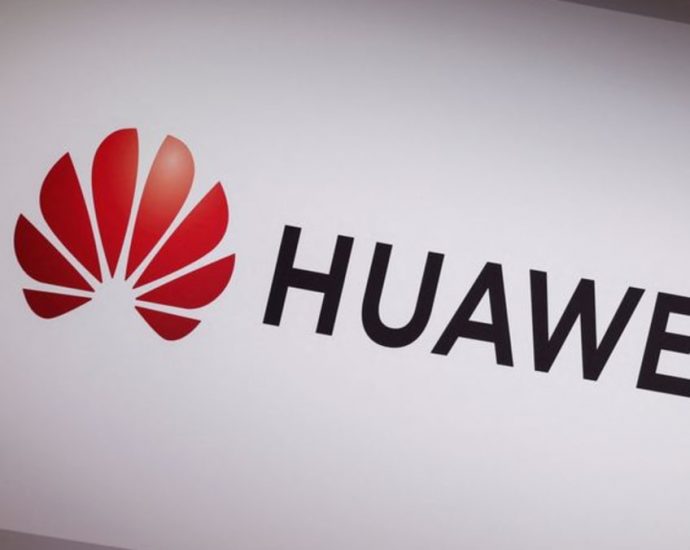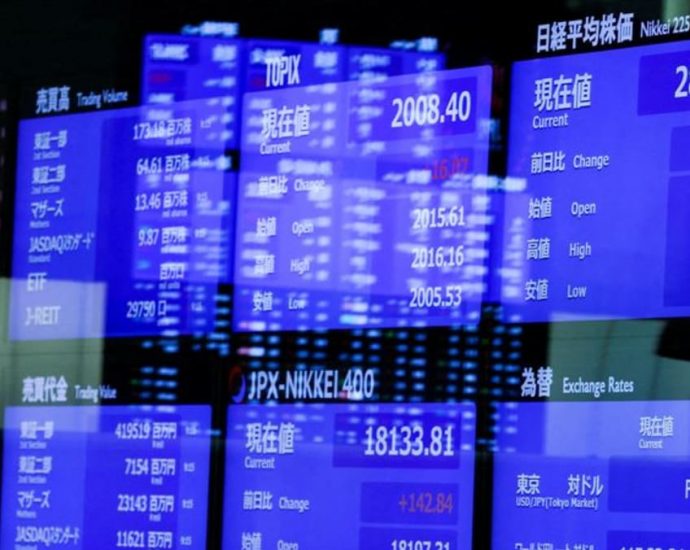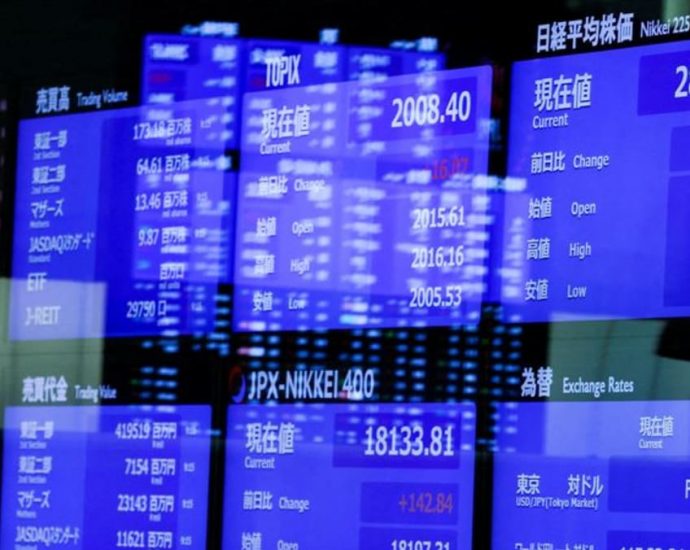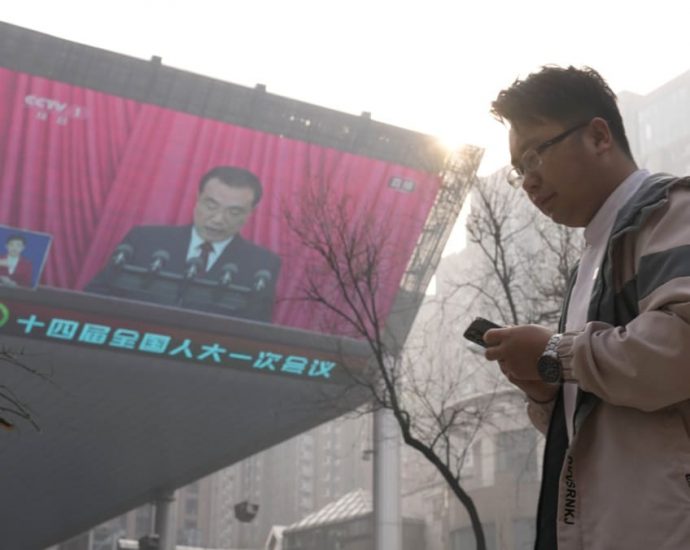China’s response not encouraging on G20 common framework for debt: Report
GANDHINAGAR, India: China has not given an encouraging response so far on reaching a common understanding with the G20 bloc on the issue of restructuring the debt of vulnerable countries, a source aware of the matter said on Sunday (Jul 16). G20 nations are also not keen on a one-size-fits-allContinue Reading





